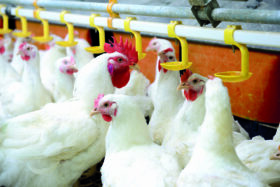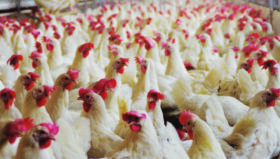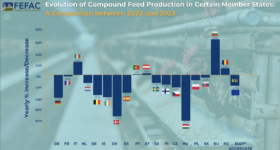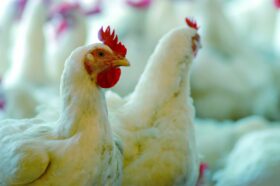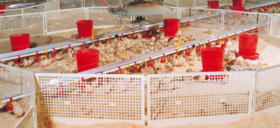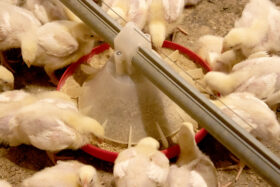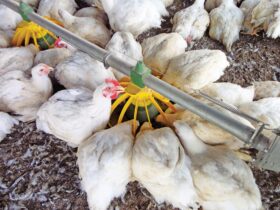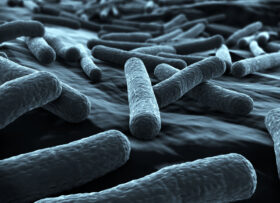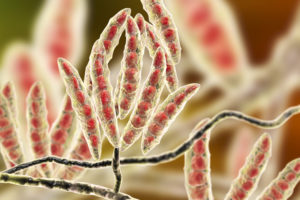The large majority of poultry specialists in Europe consider phytomolecules as one of the key elements in diets for broilers, broiler breeders, and layers when birds are raised without antibiotics. A quick glance at the market will reveal more commercial products than can possibly be imagined. There are three basic elements you should bear in mind when making your choice:
- Most phytomolecules are volatile. As such, unprotected products will soon evaporate if left exposed to the open air – as it happens, for instance, with feed prepared in commercial farms. Microencapsulation is therefore essential.
- There are countless phytomolecules. Consequently, finding the right mix for the task required is essential, as not all mixtures will get you the desired result. When designing a phytomolecule mix, the manufacturer must have the necessary knowledge and experience to achieve the desired result.
- Phytomolecules are powerful. This is to say that you cannot just keep adding higher quantities to achieve a better result. Finding the exact inclusion rates for the right purpose is a difficult balancing exercise.
In fact, the right protection, the right mix and the right inclusion rates must be combined to ensure that the animals do not refuse the feed (worst case scenario) or just fail to benefit from the inclusion of phytomolecules.
Among the feed additives, phytomolecules (or secondary plant compounds) stand out as a class of active ingredients that may help to improve gut health and thereby reduce the use of antibiotics. Synthesized by plants as a defense mechanism against pathogens, phytomolecules promote the digestion of feed ingredients (Zhai et al. 2018), prevent loss of gut integrity during enteric challenges (Liu et al. 2018), and have antimicrobial properties that hinder the growth of potential pathogens (Chowdhury, 2018). Phytomolecules can prevent the overgrowth of opportunistic pathogens, thereby reducing the frequency of occurrence of diseases such as necrotic enteritis and dysbacteriosis and thus improve performance data such as daily weight gain and feed efficiency.
Beyond the phytomolecules’ proven effects, what works best in supporting the health and welfare of your animals is, in fact, a holistic program (such as those offered by EW Nutrition) that consists of an effective combination of innovative products and consultancy services in the fields of gut health, nutrition, AMR monitoring, and biosecurity management.
*This article is available in Dutch.



